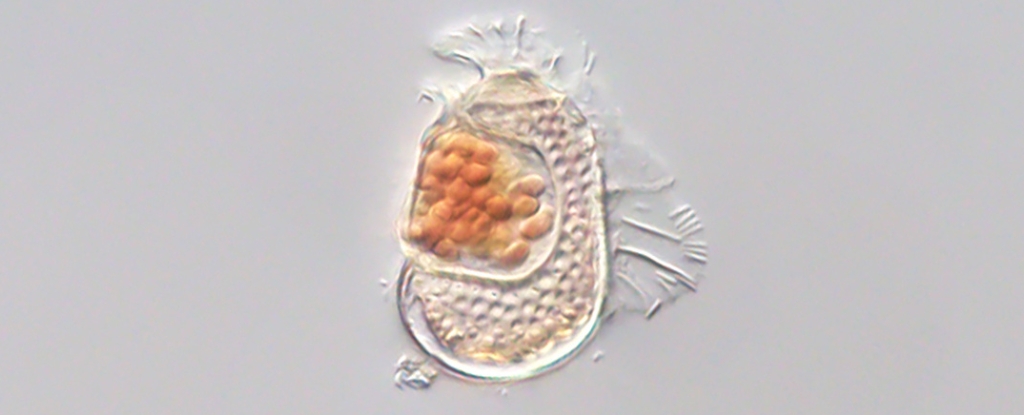
Within a tiny plankton, an even smaller cell has been found living an unexpectedly virus-like existence, challenging what it means to be alive.

Cutting-edge imaging technology has uncovered that all living organisms emit an extremely faint light invisible to the naked eye, with patterns that significantly differ between life and death.
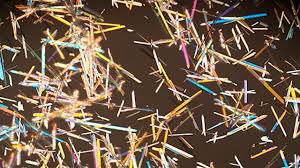
Scientists have uncovered a surprising role for calcium in shaping the building blocks of life.

New research out of Stanford University adds a “striking” new twist to an existing theory about how life may have began on our planet, involving the occurrence of microlightning in tiny water droplets.
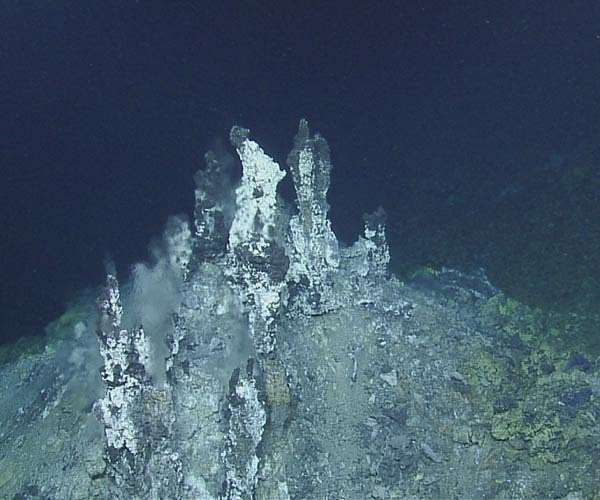
Japanese researchers have uncovered inorganic nanostructures around deep-ocean hydrothermal vents that closely resemble key molecules involved in life processes.
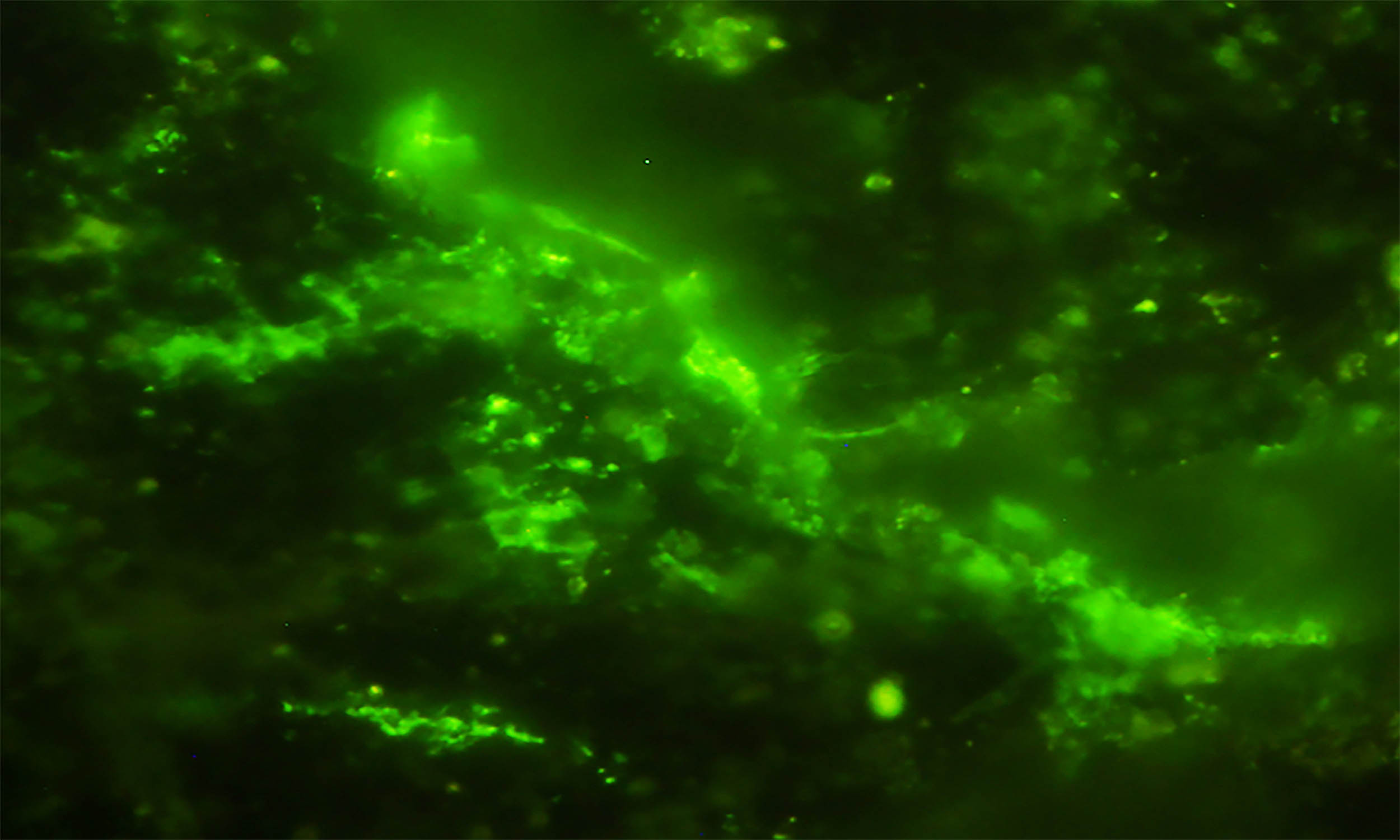
Deep beneath the Earth’s surface, an extraordinary discovery has been made. Microbes — alive and thriving — have been found sealed within a fracture of 2-billion-year-old rock.

Given the right conditions, certain types of cells are able to self-assemble into new lifeforms after the organism they were once part of has died.
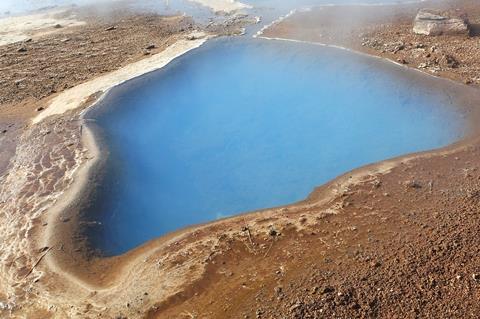
An international scientific team has redefined our understanding of archaea, a microbial ancestor to humans from two billion years ago, by showing how they use hydrogen gas.

Recently scientists have discovered one plausible pathway for how protocells may have first formed and chemically progressed to allow for a diversity of functions.

Does life appear independently on different planets in the galaxy? Or does it spread from world to world? Or does it do both? New research shows how life could spread via a basic, simple pathway: cosmic dust.

The research team investigated how the emergence of the first living systems from inert geological materials happened on Earth more than 3.5 billion years ago.

U.S. scientists argue that chance alone cannot consistently produce the highly complex molecules found in all living creatures. To produce billions of copies of intricate objects like proteins, human hands, or iPhones, the universe needs a 'memory'.

How life emerged on Earth from an assortment of non-living molecules is a stubbornly enduring mystery but now we could have some more clues thanks to a recent study.

An incredible discovery has just revealed a potential new source for understanding life on ancient Earth.

When Chilean scientist Osvaldo Ulloa led an expedition 8,000 meters under the sea to an area where no human had ever been, his team discovered microscopic organisms that generated more questions than answers.